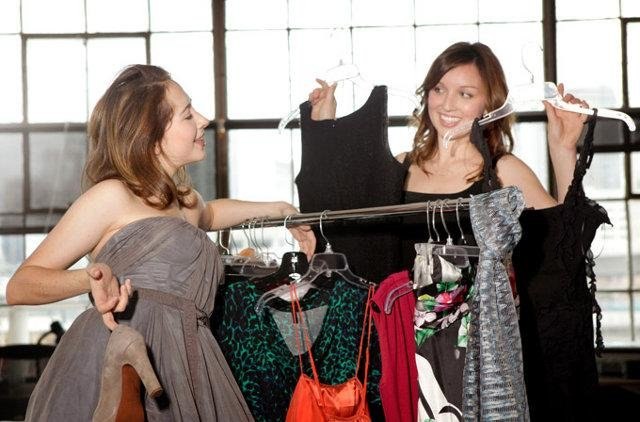
Most Britons think it’s unfair for clothing retailers to charge a fee for online returns
After attracting headlines for an apparent £1.99 charge on online items returned in-store, H&M recently announced that returns of this kind would remain free. New YouGov data suggests that it’s just as well: the practice of charging for online returns is highly unpopular with customers.
When asked, almost seven in ten Britons (68%) think it’s unfair for clothing retailers to charge customers for online returns, while just a quarter think it is fair (23%). Women are more likely to think that charges like these are unfair (72%) than men (63%).
In light of the confusion around H&M’s policy – the brand updated its website to say that information around the policy was “inaccurate – it’s worth looking at whether or not consumers feel clothing retailers are transparent enough about returns. Our data suggests that just 35% think they are, with 45% saying they are not. Among women, this rises to 48%, and among men, it falls to 35%.
Our data also suggests that a fee for online returns might impact willingness to shop with a brand altogether. Two-thirds of Britons (67%) say they would be less likely to buy from a clothing retailer that introduced fees for online returns; 59% of men and 75% of women say the same. H&M certainly aren’t the only retailer to do so: Boohoo, Zara, and THG brands also charge a fee. 2022 data from YouGovDaily - combined with YouGov Profiles data – shows that 52% of H&M customers (vs. 34% of the public) think the cost of returning a non-defective online purchase should be borne by the business the product is being returned to with 41% (vs. 55% of the public) thinking that the customer should pay.
The acceptable – and unacceptable – reasons to seek an online refund
We gave respondents several reasons to seek out an online refund and asked them whether they believed they were acceptable or unacceptable. Our data shows that consumers tend to say that most of the reasons we offered were acceptable.
Consumers are most likely to say that items that are defective (85% acceptable), the wrong size (85%) or different from how they appeared online are reasonable candidates for a refund. Seven out of ten also said that simply disliking an item (e.g. having second thoughts about it) was a good enough reason to get their money back, and the same goes for trying an item on before purchasing it (68%).
Still acceptable, but less so, is returning an item because the customer wanted to see a range of products to determine which they liked the best (56%), as is finding an item they preferred at another retailer (51%).
The only reason deemed outright unacceptable was buying an item of clothing with the intention of wearing it once or twice (e.g. for an event). This is deemed an acceptable reason to seek a refund by just 15% of the public – while 83% think it is unacceptable.
Methodology
YouGov Surveys: Serviced provide quick survey results from nationally representative or targeted audiences in multiple markets. This study was conducted online on 25-26 September 2023, with a nationally representative sample of 2000 adults (aged 18+ years) in Great Britain, using a questionnaire designed by YouGov. Data figures have been weighted by age, gender, education, and social grade to be representative of all adults in Great Britain (18 years or older), and reflect the latest ONS population estimates. Learn more about YouGov Surveys: Serviced.
Make smarter business decisions with better intelligence. Understand exactly what your audience is thinking by leveraging our panel of 20 million+ members. Speak with us today.